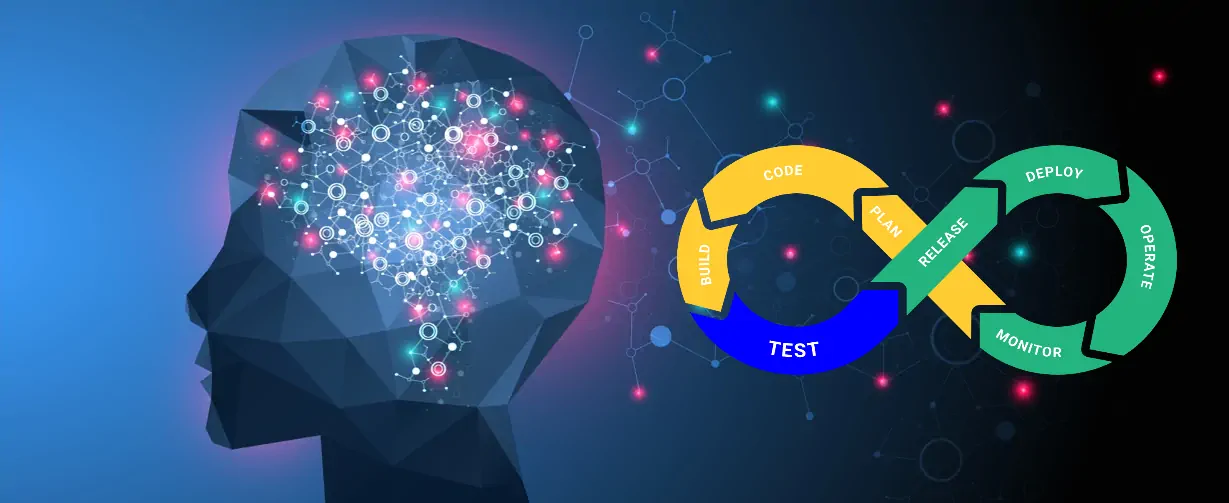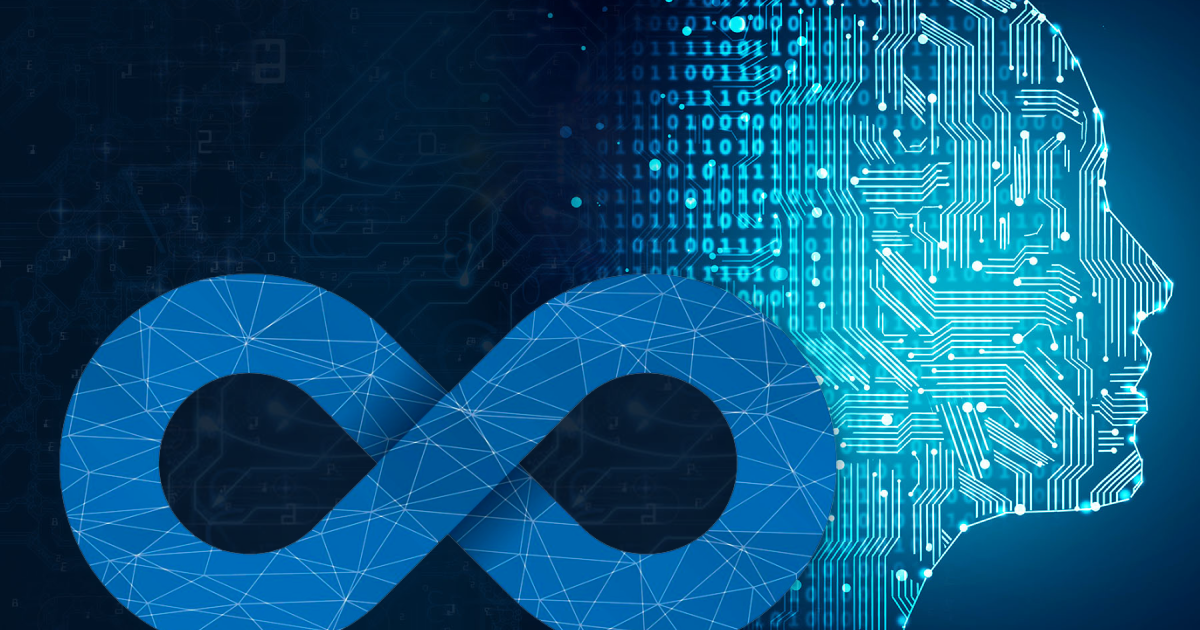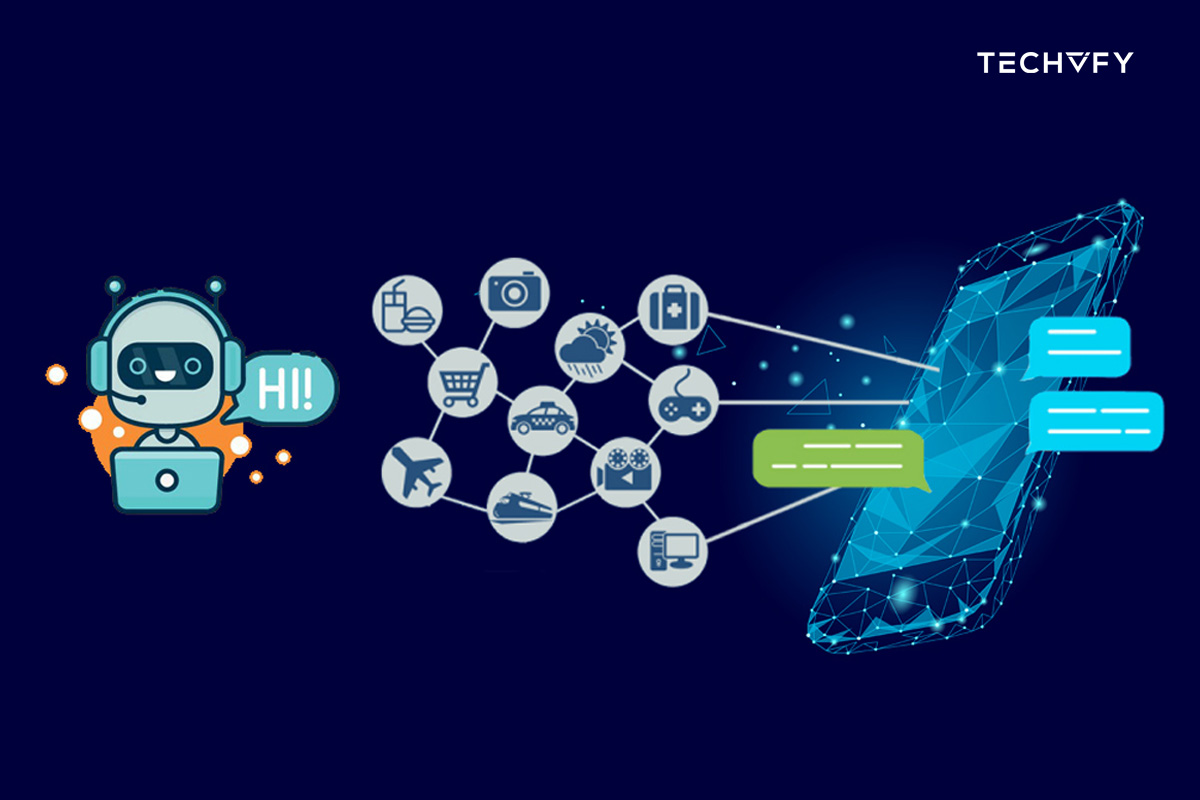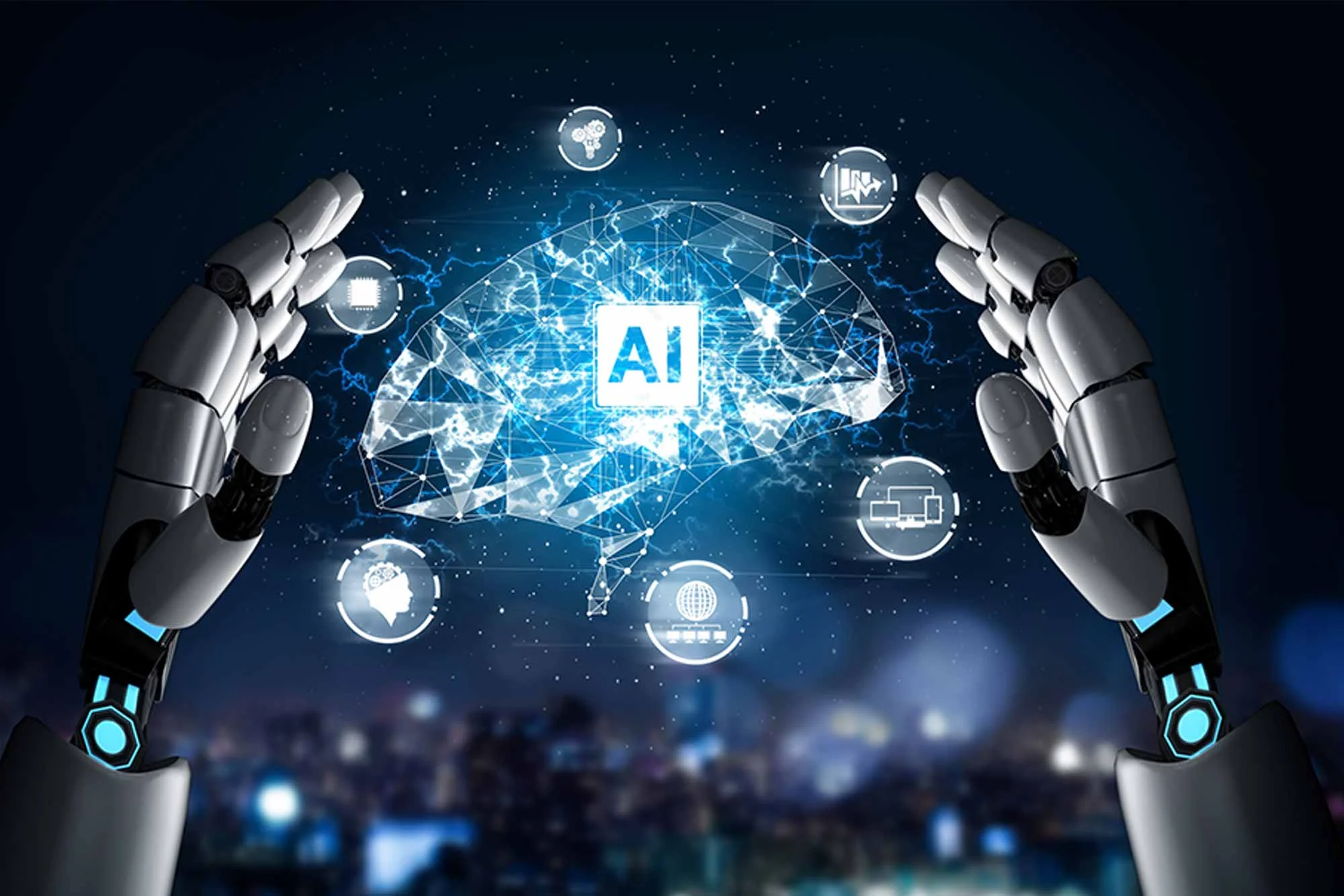AI in DevOps – The Definite Guide
- Potter Le
- 0 Comments
DevOps merges the realms of software creation and IT operations to deliver software swiftly and reliably. AI, a field within computer science, develops machines capable of tasks resembling human abilities, such as visual recognition and decision-making.
Using AI in DevOps involves utilizing advanced computer technologies to enhance and accelerate software functionality. This integration aids in software testing, preparation, and security.
This article delves into integrating AI into the DevOps transformation journey. We will discuss the various AI technologies employed in DevOps’ benefits and examine the challenges of using AI in this field. Additionally, we’ll provide a brief overview of relevant tools and technologies.
I. Understanding Artificial Intelligence in DevOps
In the evolving landscape of DevOps, integrating AI in DevOps involves using machine learning (ML) and various artificial intelligence technologies to enhance and automate the software development and deployment process. This approach is pivotal in transforming traditional AI and DevOps, covering a broad spectrum from automating testing and deployment to improving resource management and strengthening security.
Employing AI in DevOps allows organizations to experience notable improvements in the software development lifecycle’s efficiency, accuracy, and reliability. Consequently, this leads to swifter deployments, reduced errors, and increased overall productivity, positively impacting the software development process.
II. Benefits of Leveraging AI in DevOps
AI and machine learning significantly influence the development, deployment, management, and testing of software and infrastructure, focusing on speed and accuracy. Here’s how they’re making an impact:
| Automated Testing and Anomaly Detection | These technologies significantly improve the development cycle, enhancing speed and accuracy. |
| AI-Powered Solutions in DevOps | DevOps teams can enhance product quality and manage systems more effectively by replacing manual processes with automated, AI-driven methods. |
| Increased Efficiency and Speed | AI in DevOps is exemplified in its ability to lead to faster completion of projects with fewer errors, thanks to the automation of various software development and delivery tasks. |
| Improved Accuracy and Consistency | Automating various tasks, including testing, minimize the likelihood of human mistakes, guaranteeing a consistent level of detail throughout the development cycle. |
| Better Resource Management | AI optimizes cloud infrastructure use, automates resource allocation, and identifies areas where resources are wasted or underutilized. |
| Enhanced Security | AI improves security by automating threat detection and response, identifying potential vulnerabilities early, and providing real-time alerts for security issues. |
III. Challenges of Integrating AI in DevOps

AI and DevOps transformations present their own set of challenges. Here are some strategies to navigate these obstacles effectively:
1. Resource Constraints
The shift towards AI in DevOps demands substantial resources, including expertise in data science, machine learning, and robust infrastructure.
To tackle this, begin with a small-scale project targeting a specific area that can substantially benefit your organization. Alternatively, you could utilize cloud-based AI services that offer ready-to-use AI models and the necessary infrastructure.
2. Hesitation to Adopt Change
Integrating AI into DevOps might meet resistance from stakeholders who are either unsure about the technology or worried about its impact on employment.
To address this, engage stakeholders early in the process and communicate how AI can enhance DevOps. Training and skill development opportunities can also help staff adjust to the new technology.
3. Fragmented Data
AI DevOps transformation needs access to quality data from various sources. Often, data is scattered across different departments or systems, complicating access and integration.
Overcoming this requires setting up a data governance framework that outlines data ownership, standards, and security. Data integration tools can also help merge data from diverse sources, ensuring uniformity and consistency.
More AI-Related Articles You Might Want to Check Out:
IV. Types of AI Used in DevOps
In DevOps, several types of Artificial Intelligence (AI) technologies are employed to enhance various aspects of the software development and operations process. Here are some of the main types:
- Machine Learning (ML): Machine learning algorithms are widely used in DevOps for predictive analytics, such as predicting system failures, optimizing performance, and automating decision-making processes. They can analyze historical data to identify patterns and make informed predictions or decisions.
- Natural Language Processing (NLP): NLP is used to interpret and understand human language, making it useful in DevOps for tasks like automated documentation, processing user feedback, and enhancing communication between teams and systems.
- Neural Networks: These are used for more complex problem-solving in DevOps, such as identifying anomalies in large datasets, enhancing security protocols, and optimizing resource allocation.
- Deep Learning: Deep learning, a specialized branch of machine learning, excels at handling vast and intricate datasets. In DevOps, it can be used for advanced predictive analytics, image recognition in automated testing, and enhancing the capabilities of chatbots.
- Reinforcement Learning: This type of AI learns by trial and error, making it suitable for optimizing processes in DevOps environments, such as continuous integration and deployment (CI/CD) pipelines, by learning from past deployments.
- Robotic Process Automation (RPA): RPA involves using AI-driven bots to automate routine and repetitive tasks in the DevOps pipeline, such as code deployments, monitoring, and reporting.
- AI-Optimized Hardware: Hardware explicitly designed for AI tasks, such as GPUs and TPUs, can be used in DevOps to accelerate AI model training and inference, leading to faster development cycles.
- Chatbots and Virtual Assistants: These AI tools are used in DevOps to automate interactions with the development team, provide real-time assistance, and streamline workflow management.

V. How Does AI Work in DevOps?
1. Streamlining Routine Operations
Tasks such as testing and deployment, often repetitive and prone to human error, can be efficiently managed through AI-driven automation. This approach saves time and minimizes mistakes, enhancing the speed and reliability of software releases. A prime advantage of AI DevOps is its ability to automate these routine tasks.
Take software testing, for instance. AI algorithms can autonomously generate and test cases and analyze outcomes. This automation significantly reduces testing time and labor, allowing teams to focus on other areas. Moreover, it enhances software quality by detecting flaws and errors that human testers might overlook.
2. Enhancing Resource Management
AI plays a crucial role in DevOps by forecasting needs and adjusting resource distribution accordingly. This leads to more efficient use of resources, reducing waste and boosting cost-effectiveness and operational efficiency.
For instance, AI algorithms can evaluate past resource usage data to spot trends and anticipate future demands. This foresight ensures appropriate resource allocation. Over time, these algorithms can refine resource distribution strategies through machine learning, adapting to shifting demand patterns.

3. Detecting and Addressing Problems
AI in DevOps is instrumental in sifting through extensive data to uncover patterns and anomalies that might escape human detection. This capability significantly bolsters the reliability and uptime of software systems.
AI algorithms, for example, can scrutinize log files, system performance metrics, and user activity data to spot irregularities and trends indicative of potential issues. Employing machine learning, these algorithms can discern complex correlations within vast and intricate data sets.
4. Enhancing Decision-Making Processes
In DevOps, AI aids in making more informed decisions by offering insights and suggestions derived from data analysis and predictive modeling. This allows organizations to base decisions on solid, data-driven evidence rather than intuition or speculation.
AI algorithms, for example, can scrutinize log files, system performance metrics, and user activity data to spot irregularities and trends indicative of potential issues. Employing machine learning, these algorithms can discern complex correlations within vast, intricate data sets.
Conclusion
Merging AI with DevOps marks a significant leap forward in software development and delivery. This integration elevates software quality and reliability, providing a competitive edge in today’s fast-paced digital environment. DevOps is transformed by utilizing AI technologies like Machine Learning and Robotic Process Automation, leading to more efficient, accurate, and reliable software lifecycles.
Are you looking to leverage the full potential of AI in your DevOps practices? Contact us to explore how our expertise can elevate your software development process, ensuring you stay ahead in the competitive digital world. Contact TECHVIFY now and take the first step towards a more innovative, efficient DevOps future.
TECHVIFY – Global AI & Software Solution Company
From Startups to Industry Leaders: TECHVIFY prioritizes results, not just deliverables. Accelerate your time to market and see ROI early with high-performing teams, AI (including GenAI) Software Solutions, and ODC (Offshore Development Center) services.
- Email: [email protected]
- Phone: (+84)24.77762.666





